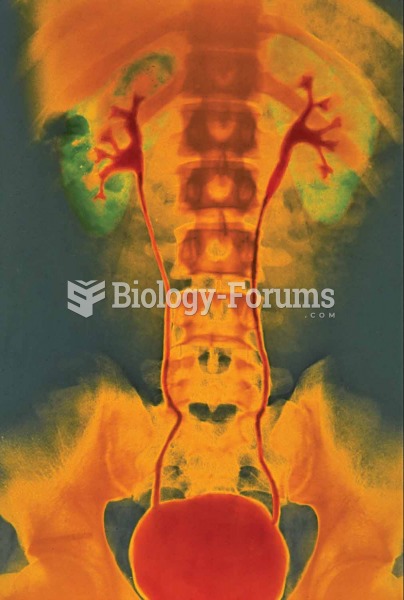Answer to Question 1
A
Feedback
A Correct. If possible, the intravenous medication should be ready for administration before entering the child's room to avoid causing unnecessary anxiety.
B Incorrect. In preparing to give an intravenous medication to a child, to help avoid unnecessary anxiety, the nurse would not have the health care practitioner talk to the caregivers about the intravenous medication.
C Incorrect. In preparing to give an intravenous medication to a child, to help avoid unnecessary anxiety, the nurse would not tell the child about the needle stick, the hurt, the medication, and why the child needs it.
D Incorrect. In preparing to give an intravenous medication to a child, to help avoid unnecessary anxiety, the nurse would not give the caregivers the medication insert or the drug guide so they can read about the medicine firsthand.
Answer to Question 2
B
Feedback
A Incorrect. Teaching the caregivers of a child being discharged from the hospital about safe storage, use, and disposal of medicines, you would also teach them not to refer to medicine as candy.
B Correct. Teaching the caregivers of a child being discharged from the hospital about safe storage, use, and disposal of medicines, you would know they have understood your family teaching if they said: We will give her the antibiotic every day until it is finished and not save any of it.
C Incorrect. Teaching the caregivers of a child being discharged from the hospital about safe storage, use, and disposal of medicines, you would also teach them not to give the medication to any other member of the family even if the illness is similar.
D Incorrect. Teaching the caregivers of a child being discharged from the hospital about safe storage, use, and disposal of medicines, you would also teach them not to give any medication other than the one prescribed by the discharge physician.







